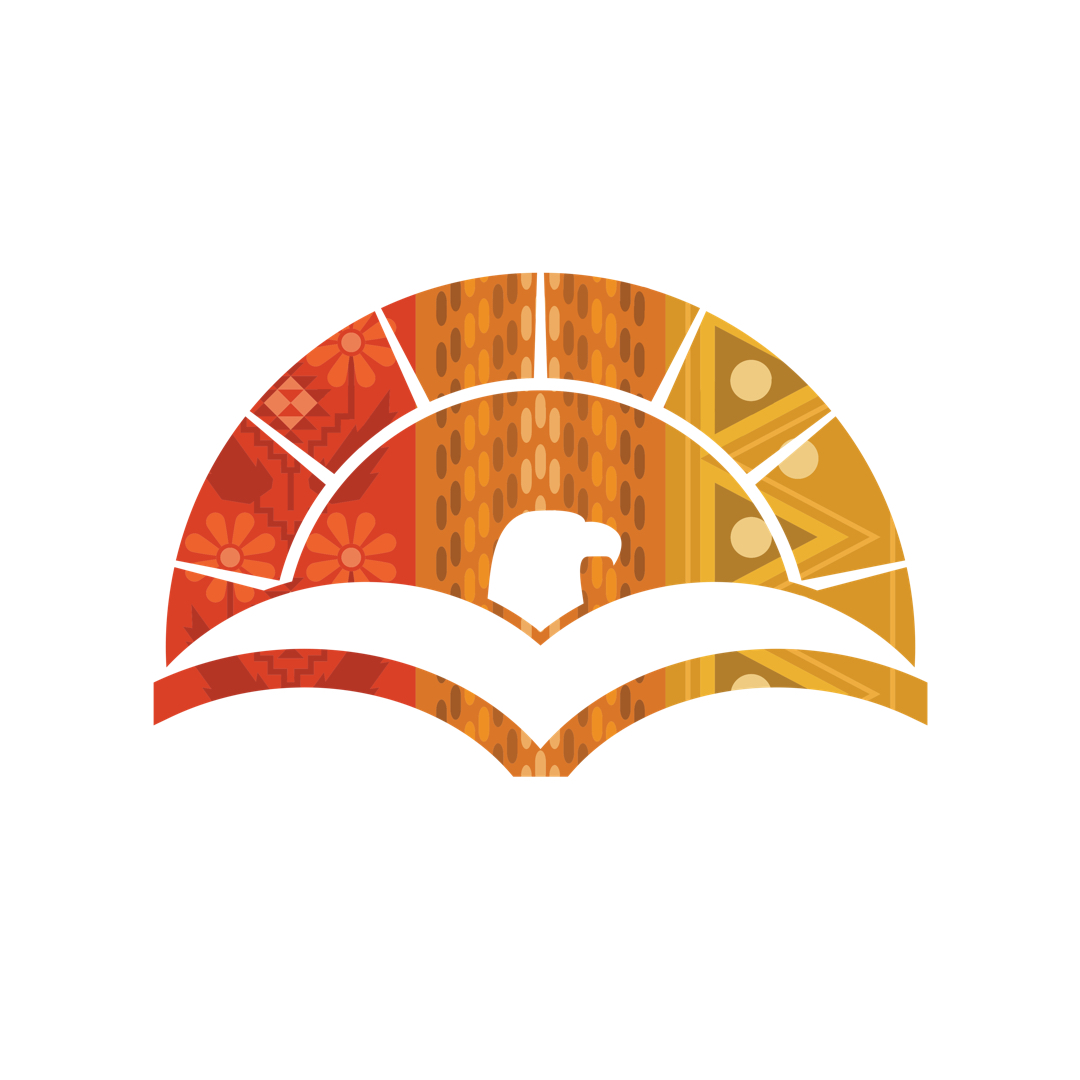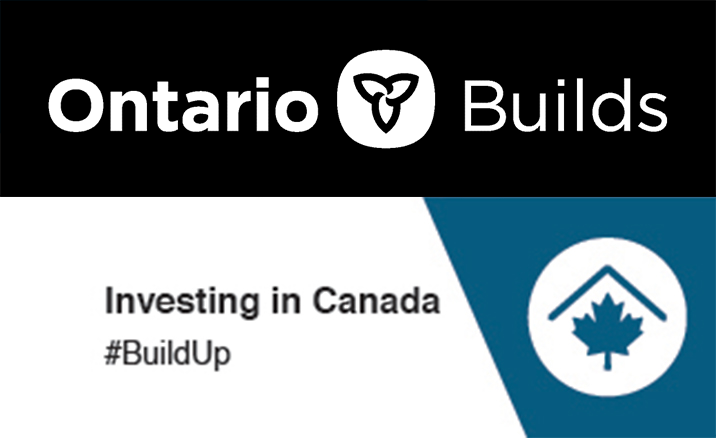About the Indigenous Education Branch
The work of the Indigenous Education Branch is informed by the:
- Calls to Action identified within the Truth and Reconciliation Commission Report (2015)
- Ontario First Nation, Métis, and Inuit Education Policy Framework (2007)
We recognize that we are all treaty people and acknowledge the rights and responsibilities that lie at the heart of the treaties in place in the territory where WRDSB facilities are located.
The work of the Indigenous Education Branch is also informed by:
- Ontario’s Education Equity Action Plan (2017)
- The Ontario Human Rights Code
- The Education Act
- The Canadian Charter of Rights and Freedoms
- Policies, procedures and guidelines within the WRDSB Governance Framework
The Indigenous Education Branch is part of the Indigenous, Equity, and Human Rights (IEHR) Department. IEHR is part of Learning Support Services and works out of the Education Centre.
The Indigenous Education Branch Team
The Indigenous Education Branch is comprised of the following:
- Equity and Inclusion Officer – Indigenous Focus
- Indigenous Education Consultant(s)
- Indigenous Education Itinerant Teacher(s)
- The System Administrator of the Indigenous, Equity and Human Rights Department directs and oversees the daily branch work
The Department is overseen by a Superintendent of Student Achievement and Well-being.
The Role of the Indigenous Education Branch Team
Through differing roles within the Branch, we can support the following:
- Responding to ongoing requests from any WRDSB staff via the IE Request email address
- Delivering Professional Learning sessions on Indigenous histories, current realities, and ways of knowing
- Developing and sharing learning and other resources and tools
- Supporting teachers and administrators in curricular implementation of Indigenous expectations
- Creating and delivering professional learning sessions to build knowledge of and practice within Indigenous pedagogies
- Create and deliver professional learning in:
- Culturally Responsive and Relevant Pedagogy
- Universal Design for Learning and Differentiated Instruction
- Designing and coordinating events, forums, panels, and communications
- Cultivating community partnerships and facilitating community engagement and outreach
- Engaging with internal and external committees and working groups
- Creating and reviewing:
- Policies
- Guidelines
- Administrative procedures
Categories: Indigenous Education · Indigenous, Equity and Human Rights


